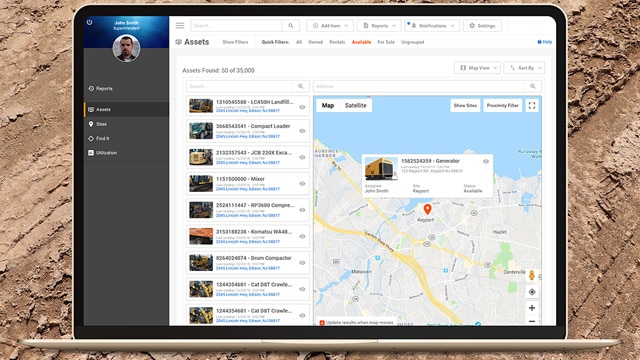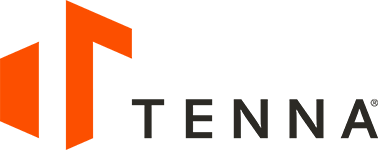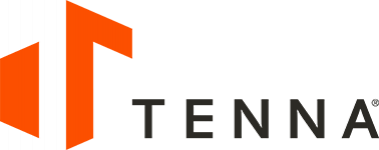IoT in Construction
How is IoT Used in Construction?
A construction company can use IoT-enabled devices to track and manage their assets, such as a wireless GPS tracker on a piece of heavy equipment, a fleet tracker on a heavy truck, a BLE asset tracker on a cement mixer or a QR code on small tools and connect them all to the internet using IoT technology. There are several use cases for IoT in construction, particularly surrounding asset tracking and other activities related to equipment management.
Contractors can locate their IoT-connected assets on a virtual map, assigned to jobs or scheduled for maintenance. Once online, additional information such as pictures, past usage, and maintenance history can easily be associated with each asset to help prevent loss, promote efficient utilization and extend asset lifetime. Unlike on a spreadsheet, these IoT-enabled assets are now digitally managed and automatically updated with tracking information without manual data entry. IoT telematics is useful for understanding equipment utilization, performance, location and more.
How does the Internet of Things (IoT) Work?
The Internet of Things, or IoT, is the network of physical “things” connected to the internet by sensor devices that collect data on objects and exchange information without requiring human interaction. IoT leverages Internet-enabled trackers and wireless technologies such as Bluetooth and cellular networks to connect assets to the Internet of Things. IoT technology enables a variety of physical assets to be tracked and managed virtually from anywhere online.
For a tracking device to be IoT-enabled, it needs to have its own unique address and the ability to connect to the Internet. Some tracking solutions, such as a heavy equipment or fleet tracker, connect directly to the Internet and report IoT telematics. Others connect via a proxy device, such as when a smartphone is used to capture BLE beacons. The BLE beacon gives the asset a unique address and the app translates additional sensor information, such as the time of scan and location.

Making Sense of IoT Data
Collecting information from an IoT network is useless without the ability to analyze it. IoT monitoring solutions are typically paired with a mobile or web interface to interpret the data for human use. This comprehensive set of IoT analysis tools can include asset inventory and location tracking, fleet telematics, driver compliance and maintenance tracking for customizable and meaningful reports to make better decisions.
Ways to Manage Mixed Fleets with IoT Technology
| Typical Asset Types (Things) | Tracker Technology | Sensor Data Capture | Connectivity |
| Heavy Duty Equipment Vehicles and Trucks Mid-Sized Equipment | Cellular GPS | Location and speed (GPS), Engine Control Unit (ECU) sensors | Direct to network via Cellular 3G or IoT optimized 4G |
| Mid-sized Equipment Non-Powered Assets Miscellaneous | Bluetooth Low Energy (BLE) | Location and time taken from a scanner app or hub | Proxied via a smartphone or hub device |
| Small to Mid-Sized Equipment Attachments Tools Temporary Materials Miscellaneous | QR code | Location and time taken from a scanner app | Proxied via a smartphone |
Tenna IoT Telematics Summary
Find Out More!
Book a Demo

